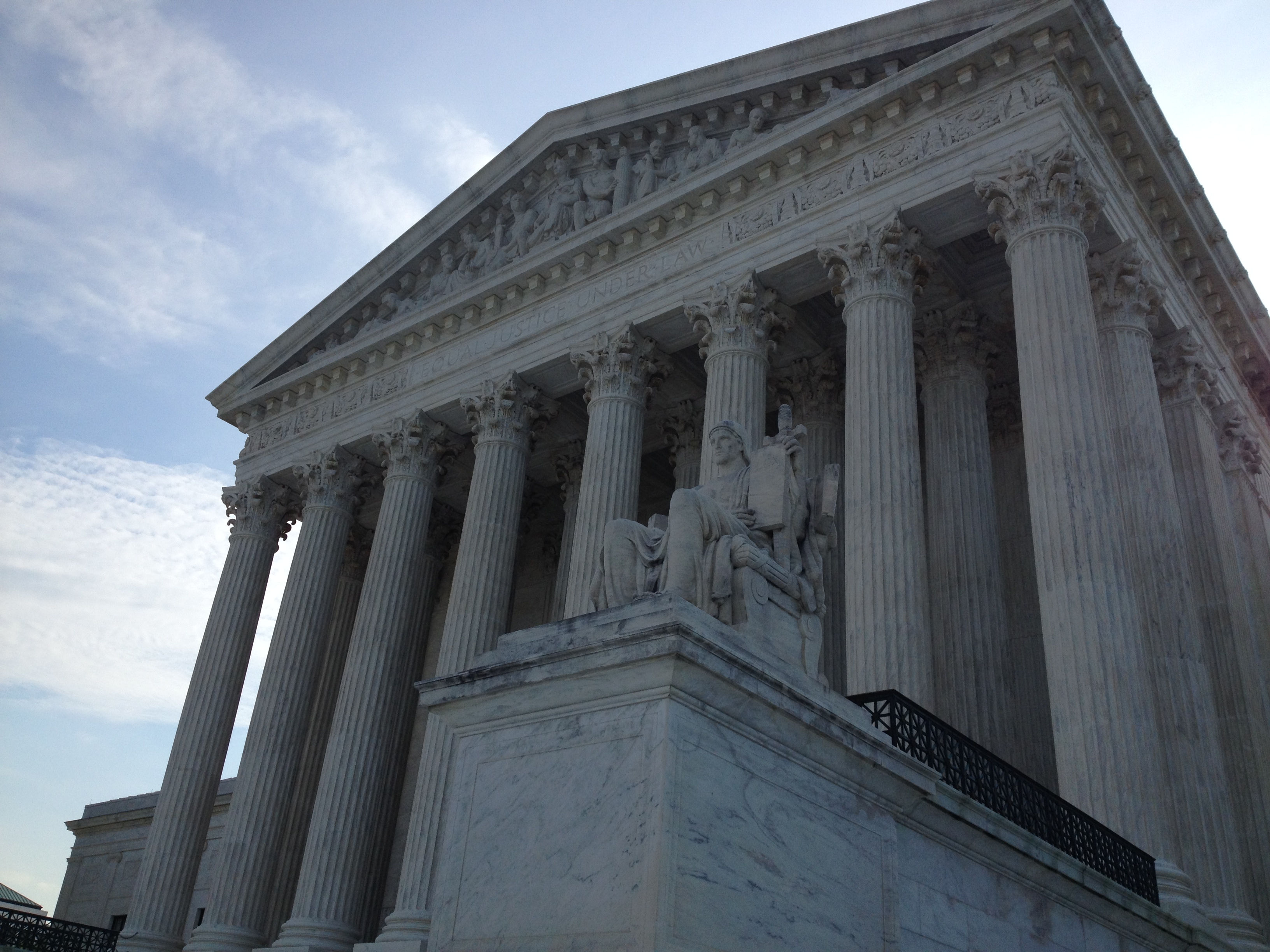WASHINGTON — The Supreme Court seemed likely to rule narrowly in a lawsuit challenging the FBI’s surveillance of mosques during oral arguments on Monday.
The case, Federal Bureau of Investigation v. Fazaga, stems from an FBI investigation from 2006 and 2007 called Operation Flex.
As part of the operation, the FBI paid Craig Monteilh to serve as an informant within an Islamic community in Orange County, Calif. Monteilh posed as a Muslim convert, taking the name Farouk al-Aziz.
Throughout his time undercover, he secretly recorded conversations with many of the people he encountered within the community. Monteilh publicly revealed details about the investigation when he parted ways with the FBI and went to prison on unrelated state charges.
Three of the men Monteilh spied on sued the FBI along with several of the agents associated with the operation. They claim that the FBI and its agents discriminated against them based on their religion.
The government has sought to dismiss the case, arguing that information surrounding the case is a “state secret.” The disclosure of such information, the government alleges, would harm national security.
At the district court level, a judge sided with the government, dismissing the case under the “state secrets” privilege. But the U.S. Court of Appeals for the 9th Circuit later reversed the lower court’s decision.
In its ruling, the appellate court allowed the case to go forward, citing a portion of the Foreign Intelligence Surveillance Act that would allow the trial judge to determine the merits of the case.
On Monday, arguments extended for an hour past the allotted time as the justices peppered Deputy Solicitor General Edwin Kneedler, who was representing the FBI, about his line of argument.
Kneedler presented the justices with a narrow view of the FISA provision cited by the 9th Circuit, arguing that the appellate court’s wide view of the provision weakens the state secrecy provision and damages national security.
Justices Sonia Sotomayor, Elena Kagan and Neil Gorsuch seemed hesitant to accept this broad interpretation.
According to Gorsuch, the government takes a stronger view of the state secret provision now than it did historically.
Since 9/11, the government has frequently used the state secrecy privilege to block court cases related to the war on terror from proceeding.
Today, Gorsuch said, the government argues that they are entitled to use evidence in its possession “without telling you anything about it as a basis for dismissing the suit more or less as a matter of routine.”
Instead of having to choose between defending itself and avoiding paying out money or keeping the secret, the government now argues it can do both, Gorsuch explained.
“In a world in which the national security state is growing larger every day, that’s quite a power,” Gorsuch said.
??The case marked the second time this fall the U.S. government urged the Supreme Court to invoke “state secrets” to shield it from allegations of wrongdoing during the War on Terror.
The justices previously grappled with the state secrecy privilege in early October with a case involving the CIA’s torture program.
Although the justices seemed to question the government’s argument about the state secrecy clause, many found fault with the 9th Circuit decision and seemed reluctant to venture into when and how the FISA provision applies.
Justice Brett Kavanaugh was especially critical of the appellate court’s decision to allow a trial judge to view the evidence in question.
“This kind of information, depending on what it is,” Kavanaugh said. “Is not the kind of information you want floating around even in the White House to people, much less floating around the country.”
Toward the end of the hearing, the justices seemed inclined to return the case to the lower courts for additional proceedings.
Kagan suggested what might be “an attractive solution”: returning the case to the appeals court so that a ruling could be made on “when dismissal is appropriate” under the state secrets doctrine.
By returning the case to a lower-level judge, the justices could avoid ruling on the competing nature of the state secrets provision and FISA section.
The Supreme Court is expected to rule on the case by the end of June 2022.

